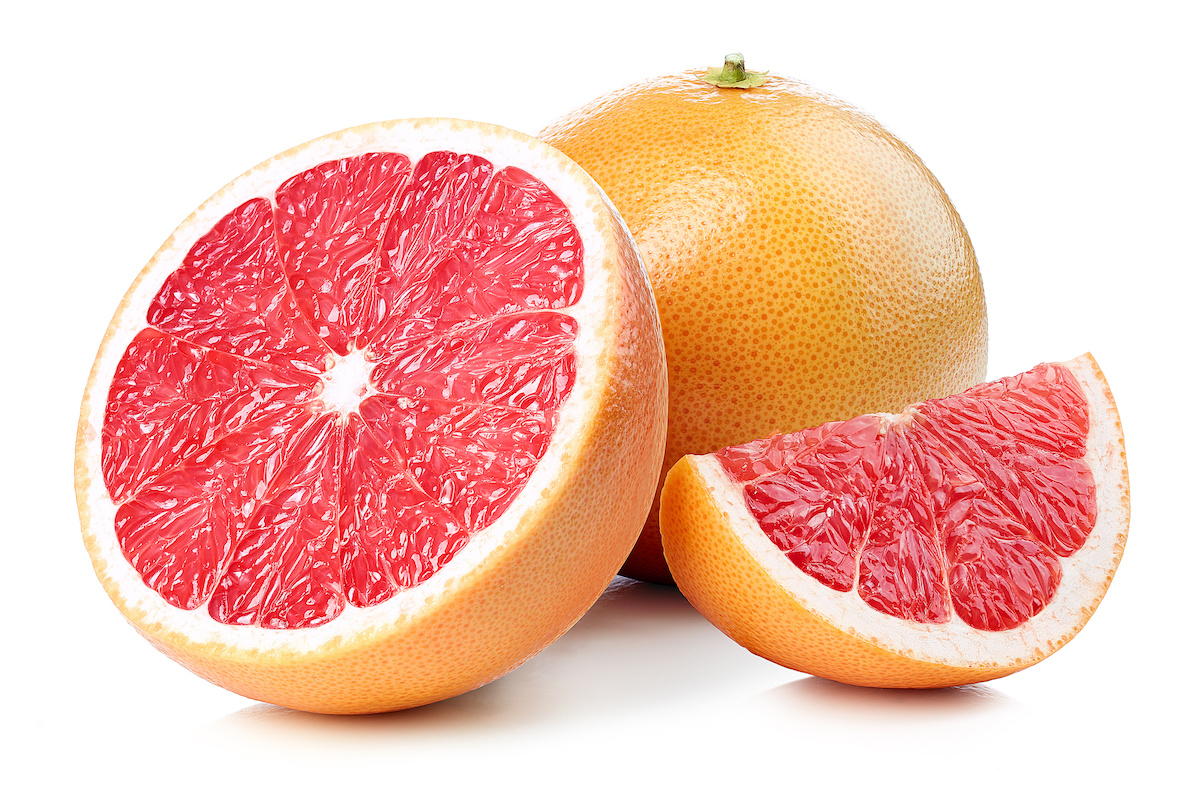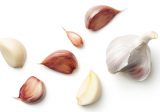Citrus fruits are beautiful and full of impressive health-promoting compounds. Contrary to popular belief, grapefruit, lemons, oranges, etc., aren’t just a winter delight. Enjoying them all year provides tremendous benefits, especially if you are concerned about cardiovascular disease, hypertension, diabetes, and weight gain. Let’s unpeel this fantastic group of fruits and see what is inside.
What are citrus fruits?
Citrus fruits are native to Australia, New Guinea, New Caledonia, and possibly Southeast Asia. They grow on flowering trees and shrubs and are known for their leathery rind and white pith. These fruits grow in tropical and subtropical climates worldwide, including Spain, Brazil, China, Mexico, India, and the United States.
Although you can find many kinds of citrus fruits all year, the peak season for oranges and grapefruit in the Northern Hemisphere is between the middle of December and April.
Here are some popular citrus varieties:
- Sweet oranges – navel, blood orange, cara cara, and valencia
- Mandarins – clemintine, tangelo, satsuma
- Limes – Persian, key lime, kaffir
- Lemons – eureka, meyer
- Grapefruit – white, ruby red, oroblanco
- Other – citron, sudachi, yuzu, pomelo
The overall goodness of citrus
Citrus fruits are high in naringin, a small bioflavonoid that is incredibly healthy for the body. It lowers oxidative stress, improves cholesterol, lowers triglycerides, raises LDL, improves blood sugar, and increases beneficial enzymes.
Citrus fruits are heart-healthy
Heart disease kills over 655,000 Americans annually. Heart health should be a top priority of everyone. A Japanese study found that people who consumed more citrus fruit had lower heart disease and stroke rates.
The Nurses’ Health Study revealed that women who ate high quantities of flavanone from oranges, grapefruits, and their juices had a 19 percent decrease in their risk for blood-clot-related stroke. Data was compiled from 69,622 individuals every four years for a 14-year-period using food-frequency questionnaires.
A 2017 review found that grapefruits are linked to a reduction in systolic blood pressure, thereby reducing the risk of heart disease.
Oranges, in particular, are high in soluble fiber, which helps to reduce cholesterol levels and keep the heart healthy.
Citrus fruits may help reduce the risk of kidney stones
If you have ever had kidney stones, you know just how painful they can be. These mineral cysts can form when urine becomes very concentrated or when you have elevated levels of stone-forming minerals in your urine. There is also a type of stone caused by low levels of citrate in urine.
Several fruits and vegetables elevate citrate levels in the urine, which reduces the risk of kidney stones. Drinking citrus juice and eating citrus fruits can offer a natural alternative to potassium citrate supplements.
Over the last forty years, data from American eating habits indicate that people who eat fewer citrus fruits are more likely to develop kidney stones.
Flavonoids and fiber in citrus help prevent weight gain
A study by Western University in London, Ontario, discovered that a tangerine flavonoid called Nobiletin reduces the risk of developing obesity and type 2 diabetes. Researchers looked at two groups of mice and the effects of Nobiletin on their long-term health.
One group of mice drank a purified, powdered form of Nobiletin, while the other group did not. The mice who did not receive it became obese, developed fatty liver issues, atherosclerosis, and type 2 diabetes. In contrast, none of those issues developed in the mice given Nobiletin.
Fiber has some tremendous health benefits, including improving digestive health and helping with weight loss. Compared to other fruits and vegetables, citrus fruits have a higher ratio of soluble to insoluble fiber.
Citrus fruits may slow the growth of cancer
A Japanese study found that the juice and pulp of the satsuma mandarin were successful at inhibiting cancer tumor growth. Beta-cryptoxanthin and hesperidin from the mandarins were linked to the suppression of tumor growth in the tongue, lung, and colon.
Additional studies show that citrus fruits may also protect against stomach, breast, pancreatic, and esophageal cancers.
A multitude of flavonoids in citrus fruits act as antioxidants and offer protection against cancer. In addition, citrus fruits block the formation of new cancer and make carcinogens inactive.
Citrus may improve eye health
Research from the Oregon Health & Science University established a connection between vitamin C and the proper functioning of nerve cells in the eye’s retina. This finding led researchers to speculate that because the retina is part of the central nervous system, vitamin C may be important in proper brain function as well.
Not to mention, the powerful antioxidant properties of vitamin C are key players in inhibiting free radical damage to the body. Vitamin C captures free radicals and neutralizes them before they can cause cellular damage.
Eating citrus may protect the brain
Citrus flavonoids help protect the brain and keep neurodegenerative diseases such as Parkinson’s and Alzheimer’s at bay. These conditions are caused, at least partly, by inflammation, and the flavonoids in citrus possess potent anti-inflammatory compounds that protect the nervous system from breaking down. Animal studies indicate that hesperidin and apigenin flavonoids protect brain cells and improve brain function. Human studies in older adults show that citrus juices boost brain function.
These are some pretty spectacular reasons to include citrus in your diet all year long. Enjoy them whole, in fruit salads or even freshly juiced.
Do you eat citrus fruit all year long? If not, it is time to start doing so. Always purchase organic and fresh and get your citrus on!
-The WellDaily Team







